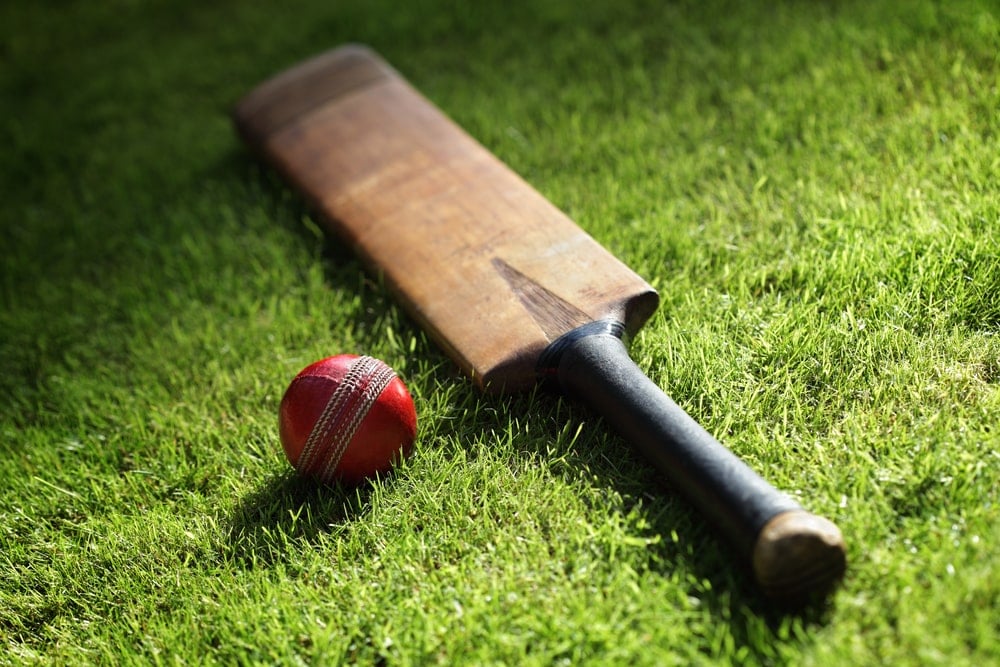
Every week, around Australia approximately 1.8 million children take part in an organised sport or physical activity outside of school hours.
That’s around 62 per cent of all children aged between five and 15 years. There’s no doubt that playing sport has many benefits for children – as well as being a great way for kids to develop confidence in a safe and supportive learning environment, sport can boost a child’s self-esteem, and mental alertness and improve their classroom learning.
That’s the positive side of sport. Sadly, there wouldn’t be many people who haven’t witnessed parents behaving badly at a junior sporting event. Even the sanest, most rational parents have been known to lose it at their child’s game.
And there’s no shortage of media stories about the nightmare sports parent, ranging from parents being red-carded for verbal abuse (including English soccer dad David Beckham) to slanging matches between spectators escalating into fist fights. Appalling sideline behaviour combined with an overemphasis on winning has left its mark on junior sport.
Fortunately, our clubs, schools and sporting associations are doing all they can to eliminate this problem. Back in 2006, the Australian Sports Commission developed a code of conduct for junior sport with specific guidelines for players, spectators, coaches and parents. Many clubs have since adopted this code, promoting it on their websites, at registration and even at sporting grounds and facilities.
The reality, say experts, is that a parent’s behaviour can have a profound impact on a child’s participation in and attitude towards sport. And we’re not just talking about the stereotypical nightmare parent on the sideline. Even the most well-intentioned parent can, without realising it, make sport a miserable experience for their child.
This message was hammered home when, in an informal survey lasting over three decades in the United States, hundreds of college athletes were asked what was their worst memory from playing youth or high school sport. The overwhelming answer was “the ride home in the car”.
Those same college athletes, many of whom went on to become professional athletes, were asked what their parents said that made them feel great, that amplified their joy during and after a game. Their overwhelming response was six simple words: “I love to watch you play.”
Bruce E Brown and Rob Miller, the two coaches who undertook the survey, say that in the moments after the game, win or lose, kids desire distance.
They make a rapid transition from athlete back to child. And they’d prefer if parents transitioned from spectator back to mum or dad, ASAP. Their advice is to forget about the instructional feedback, the post-game analysis or comments that undermine the coach, officials or other teammates.
As Bruce E Brown says: “Let the child bring the game to you if they want to.”
According to Rob Miller, sports is one of few places in a child’s life where a parent can say: “This is your thing. It is one of the best ways for young people to take risks and deal with failure because the consequences aren’t fatal, they aren’t permanent.
“Once you as a parent are assured the team is a safe environment, release your child to the coach and to the game. That way all successes are theirs, all failures are theirs.”
Want to give your kids a sporting chance to enjoy the game? Have a look at the handy tips from Australian parenting expert and author Michael Grose on the CCSP website.
